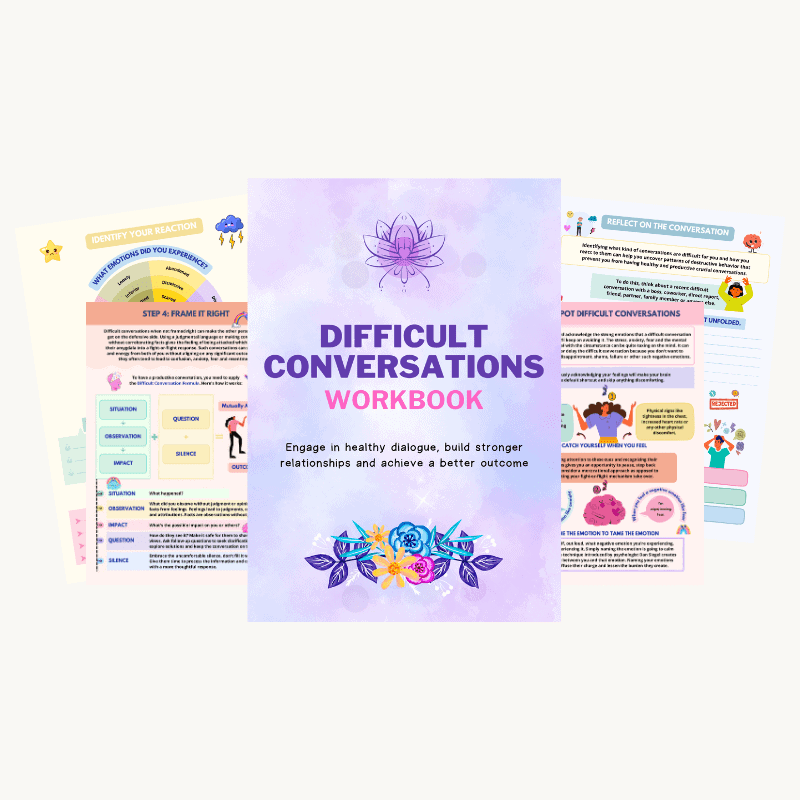Ask These 10 Questions to Take a Fresh Look at Your Leadership Style
Higher up in the hierarchy you go, the bigger are the problems you need to face. Not only do you need to deal with complexity, what others expect from you goes up as well. It’s also lonely at the top, which means there’s less feedback on how you’re doing and what you can do to improve. This is where most leaders go wrong. Instead of paying attention to their leadership style, they pack their schedules with meetings and run with a long list of things to do.
























































